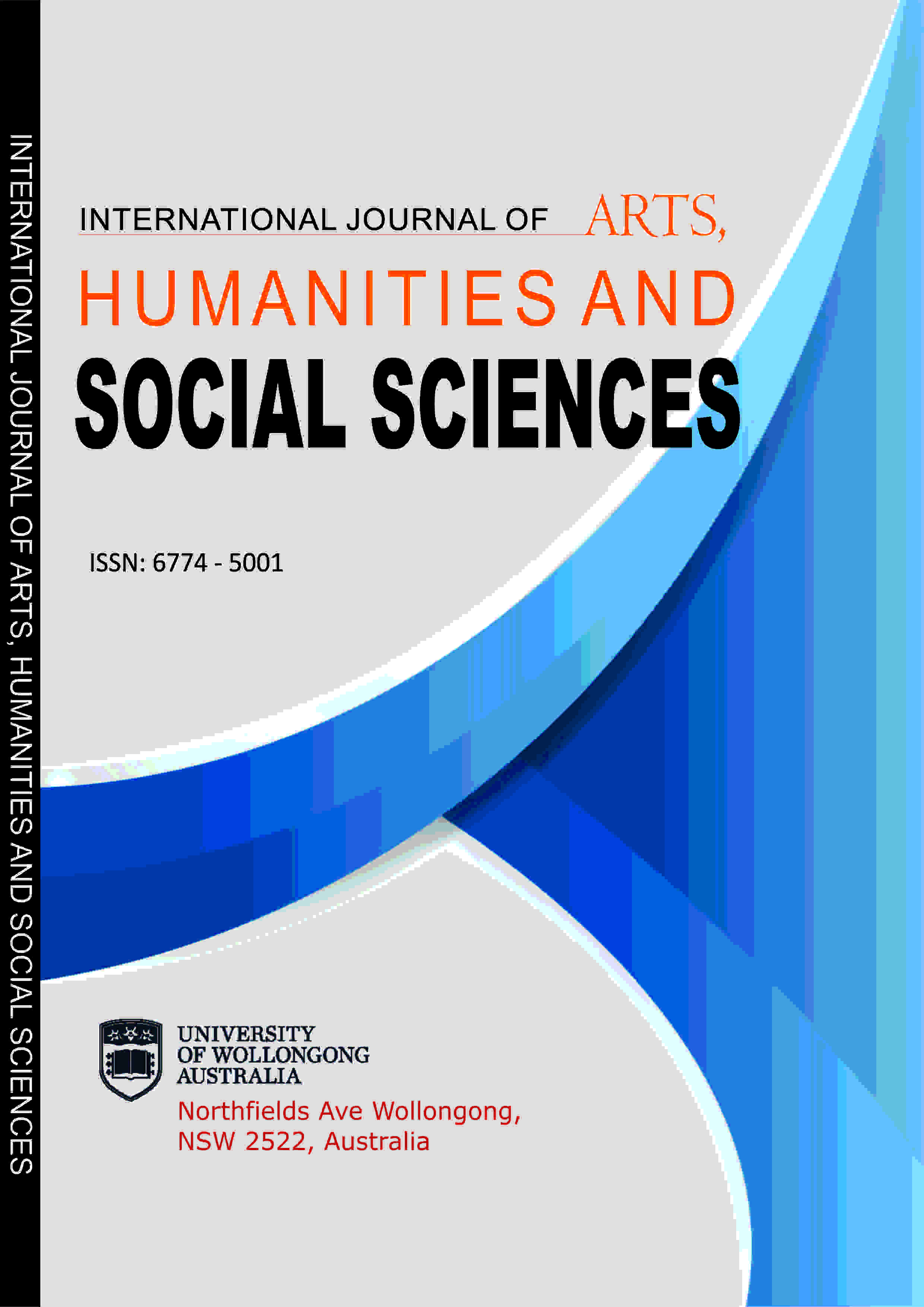INTERNATIONAL JOURNAL OF ARTS, HUMANITIES AND SOCIAL SCIENCES (IJAHSS)
TEACHERS’ PERCEPTIONS OF THE TEACHER-STUDENT RELATIONSHIP AMONG STUDENTS WITH SOCIAL, EMOTIONAL, AND BEHAVIORAL DIFFICULTIES (SEBD) IN RESIDENTIAL SCHOOLS IN THAILAND AND HONG KONG
E-ISSN: 2579-048X
P-ISSN: 6774-5001
DOI: https://iigdpublishers.com/journals/222
Students with Social, Emotional, and Behavioral Difficulties (SEBD) pose a major challenge to inclusive education. A positive teacher-student (t-s) relationship has been confirmed a vital factor in the development of students with SEBD. In Hong Kong, students with SEBD may study in mainstream schools, or special schools with residential service, while in Thailand, parents can only choose mainstream schools (either public or private) for their children with SEBD. A qualitative study was conducted in two Hong Kong special schools (one primary and one secondary) and one private school (with both primary and secondary schools) in Thailand to explore teachers’ perceptions of the t-s relationship among students with SEBD. The three schools offer residential services. Information was collected mainly from individual interviews with 21 teachers from these three schools. Themes emerging from the analysis reflect that the cultural concerns about the difference between ‘relationship’ and ‘guanxi’ require further elaboration and discussion.
Yiu Bun Chung PhD
Au-yeung, A., & Chiu, P. (2016, May 9). ‘The children understand what is happening’: Lantau special school head appeals for respect after pupils labelled ‘drug users’ and ‘gangsters. South China Morning Post, Hong Kong, Education & Community.
Avramidis, E., Bayliss, P., & Burden, R. (2000). A Survey into Mainstream Teachers' Attitudes Towards the Inclusion of Children with Special Educational Needs in the Ordinary School in one Local Education Authority, Educational Psychology, 20(2), 191–211. https://doi.org/10.1080/713663717
Barbalet, J. (2018). Guanxi as social exchange: Emotions, power and corruption. Sociology, 52(5), 934–949.http://doi/10.1177/0038038517692511
Buhler, C. (1971). Basic theoretical concepts of humanistic psychology. American Psychologist, 26(4), 378–386. http://dx.doi.org/10.1037/h0032049
Burton, D. M., Bartlett, S. J. & Anderson de Cuevas, R. (2009). Are the contradictions and tensions that have characterised educational provision for young people with behavioural, emotional and social difficulties a persistent feature of current policy? Emotional and Behavioural Difficulties,14(2), 141–155. https://doi.org/10.1080/13632750902921963
